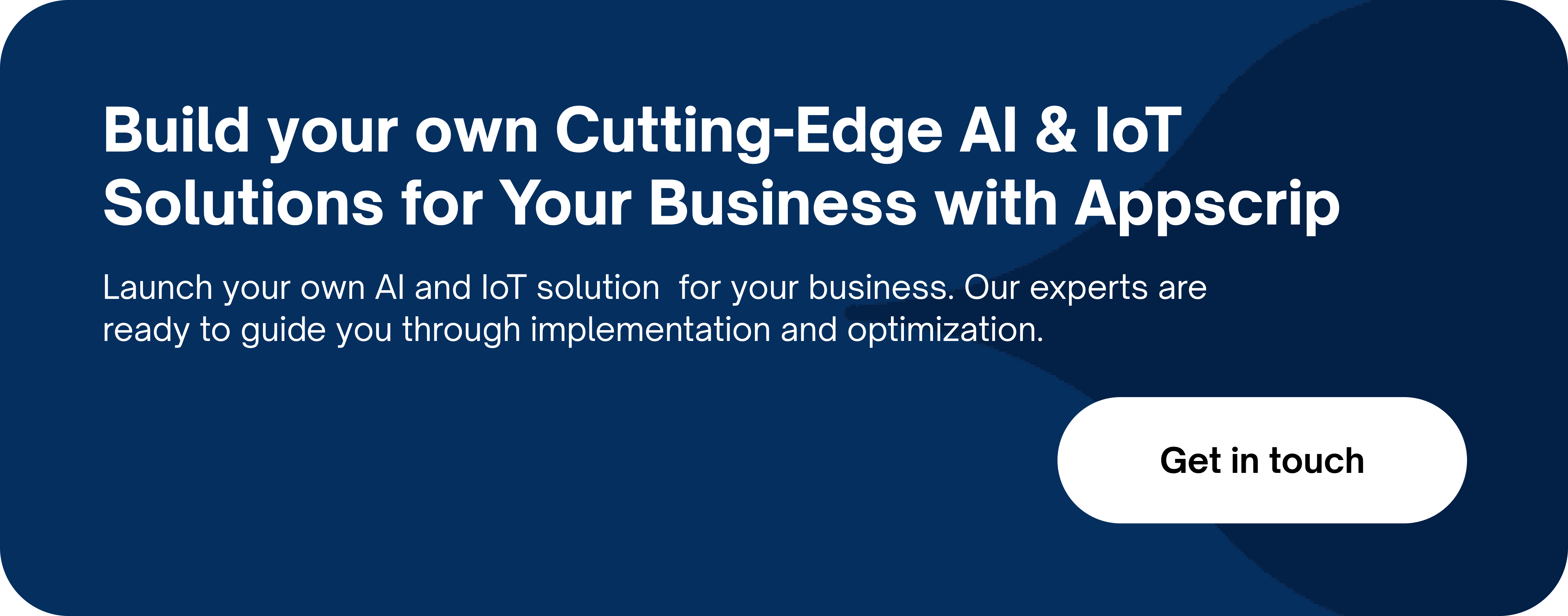Businesses of all sizes are constantly seeking innovative ways to enhance customer engagement, streamline operations, and drive growth. One such innovation that has gained significant traction is the integration of AI chatbots into mobile apps.
AI chatbots offer businesses a powerful tool that can deliver personalised experiences, automate tasks, and provide round-the-clock customer support. In this blog, we’ll explore the benefits of AI chatbots for mobile apps and how they can help entrepreneurs and businesses elevate their offerings and stay ahead of the competition.
Understanding AI Chatbots For Mobile Apps
AI chatbots for mobile apps represent a transformative technology that can drive significant value for entrepreneurs and businesses across various industries.
What are AI Chatbots?
AI chatbots are computer programs powered by artificial intelligence (AI) algorithms that simulate human-like conversations with users. These chatbots are designed to interpret and respond to user queries or commands in a conversational manner, typically through text or voice interactions.
How Do AI Chatbots Work?
AI chatbots utilise various technologies such as natural language processing (NLP), machine learning (ML), and deep learning to understand user inputs, analyse context, and generate appropriate responses. They learn from interactions with users and improve their responses over time, making them increasingly accurate and effective in addressing user needs.
Benefits of AI Chatbots for Mobile Apps
Enhanced Customer Engagement
AI chatbots facilitate real-time, personalised interactions with users, leading to higher levels of engagement. By offering instant assistance and support, chatbots keep users actively engaged within the mobile app environment.
24/7 Customer Support
With AI chatbots, businesses can provide round-the-clock customer support without the need for human intervention. This ensures that users can receive assistance and information anytime, anywhere, enhancing customer satisfaction and loyalty.
Personalised User Experiences
AI chatbots leverage data analytics and user profiling to deliver tailored recommendations, content, and services based on individual preferences and behaviour. This personalisation enhances the overall user experience, leading to increased user satisfaction and retention.
Streamlined Operations and Efficiency
By automating routine tasks and inquiries, AI chatbots help streamline business operations and improve efficiency. They can handle a wide range of tasks, such as answering FAQs, processing orders, and providing product recommendations, freeing up human resources to focus on more complex tasks.
Key Features and Functionality
Natural Language Processing (NLP)
NLP enables AI chatbots to understand and interpret human language, including slang, colloquialisms, and context. This allows chatbots to engage in natural, conversational interactions with users, enhancing user experience.
Multi-channel Integration
AI chatbots can be integrated across multiple communication channels, including mobile apps, websites, social media platforms, and messaging apps. This ensures consistent and seamless interactions with users across various touchpoints.
Analytics and Insights
AI chatbots generate valuable data and insights through user interactions, which can be analysed to gain a deeper understanding of user behaviour, preferences, and pain points. This data-driven approach enables businesses to optimise their chatbot strategies and overall improve performance.
Customisation and Personalisation
AI chatbots can be customised and personalised to align with the branding, tone, and personality of a business. This customisation helps create a more engaging and memorable user experience, strengthening brand loyalty and recognition.
Use Cases and Success Stories
By leveraging AI-powered chatbots, businesses can deliver seamless user experiences, improve operational efficiency, and build stronger customer relationships.
E-commerce: Improving Shopping Experience
AI chatbots for mobile apps in e-commerce assist users in finding products, making recommendations, and completing purchases. For example, the chatbot can help users discover new products based on their preferences or provide real-time assistance during the checkout process.
Healthcare: Enhancing Patient Care
In healthcare mobile apps, AI chatbots can offer virtual medical assistance, answer health-related queries, and schedule appointments. They can also provide personalised health tips and reminders, helping patients manage their wellness more effectively.
Banking and Finance: Simplifying Transactions
AI chatbots for mobile apps in banking and finance enable users to perform various transactions, such as checking account balances, transferring funds, and paying bills, through simple conversational interactions. This enhances convenience and accessibility for users while reducing the need for manual intervention from bank staff.
Implementing AI Chatbots in Mobile Apps
Embrace the power of AI chatbots and unlock new opportunities for growth and success in your business journey.
Choosing the Right Platform or Framework
Businesses need to select a suitable AI chatbot platform or framework that aligns with their requirements, budget, and technical expertise. Factors to consider include scalability, integration capabilities, and available features.
Designing Conversational Flows
Designing effective conversational flows involves mapping out different user scenarios and defining the logic and responses for each interaction. This ensures that the chatbot can handle user queries and tasks smoothly and efficiently.
Testing and Iteration
Before deploying the AI chatbot in the mobile app, thorough testing is essential to identify and rectify any issues or bugs. Continuous iteration and refinement based on user feedback and performance metrics help enhance the chatbot’s effectiveness and user satisfaction over time.
Challenges and Considerations
As the demand for personalised and efficient interactions continues to rise, integrating AI chatbots into mobile apps has become not just a competitive advantage, but a necessity for businesses looking to thrive in today’s digital landscape.
Data Privacy and Security
Ensuring the privacy and security of user data is paramount when implementing AI chatbots in mobile apps. Businesses must adhere to data protection regulations and implement robust security measures to safeguard sensitive information.
Integration with Existing Systems
Integrating AI chatbots with existing systems, such as CRM software and backend databases, can be complex and challenging. Businesses need to ensure seamless integration to enable the chatbot to access relevant data and provide accurate responses.
Maintaining Human Touch
While AI chatbots offer efficiency and scalability, it’s essential to maintain a human touch in interactions to ensure empathy and understanding. Businesses should strike a balance between automated responses and human intervention, especially in sensitive or complex scenarios.
Conclusion: AI Chatbots For Mobile Apps
In conclusion, AI chatbots for mobile apps offer numerous benefits, including enhanced customer engagement, personalised user experiences, and streamlined operations. By leveraging key features such as natural language processing, multi-channel integration, and analytics, businesses can create immersive and effective chatbot experiences that drive value and satisfaction for users.
However, challenges such as data privacy, integration, and maintaining human touch require careful consideration and proactive management. With the right strategy and implementation approach, AI chatbots can revolutionise the mobile app experience and help businesses stay ahead in today’s competitive landscape.

After an Engineering degree and a Diploma in Management I devoted 16+ years working in the automotive industry. My innate skill and extreme passion in writing, encouraged me to adopt it up as a profession. I have been writing for more than 10+ years in the software industry. The 400+ blogs I published are informative, exhaustive and interesting to a professional and causal reader.








